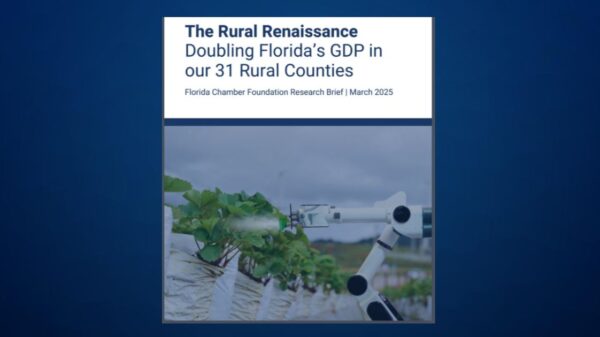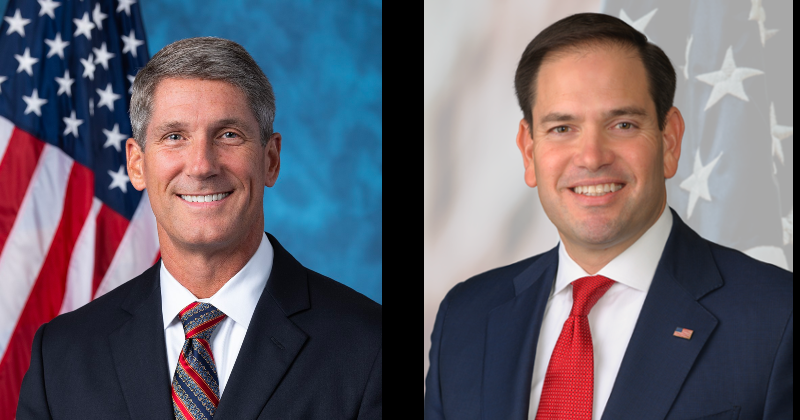Americans deserve peace of mind when biting into a piece of cheese. But recently, the Food and Drug Administration (FDA) announced yet another foodborne illness outbreak, this time impacting cheddar cheese blocks and packages. The agency claims it is taking food safety threats seriously by increasing inspections and releasing 600 pages of procedural guidance. Yet, the FDA insists on onerous regulations targeting promising biotechnologies that can make foods cleaner and safer. According to recently released Freedom of Information Act (FOIA) emails obtained from a Taxpayers Protection Alliance Foundation (TPAF) investigation, regulators arbitrarily enforce outdated laws on innovators trying to improve food safety. Bureaucrats can end this sorry status-quo by embracing transparency and regulatory reform.
It can be painstakingly difficult and expensive to inspect 900 million acres of farmland in the U.S. reliably It’s far safer, cheaper, and more efficient for food to be treated for disease at a single point in the food distribution chain. Single-point techniques to treat food, such as pasteurization and irradiation, play pivotal roles in food safety, though neither technology is a “silver bullet,” and other biocontrol techniques have a part to play. One promising technology relies on living organisms (called “bacteriophages”) to fight harmful pathogens and can be applied to virtually all food groups. These phages were originally used in World War II to treat soldiers’ infections, but research in the 1990s concluded that phage cocktails could work wonders when applied to the food supply.
Biotechnology company Intralytix made history in 2006 when the FDA approved its phage-based product ListShield to eliminate Listeria monocytogenes, which kills about 200 Americans per year. However, the FDA’s approval was not a green light for all phage cocktail producers looking to bring their products onto the market. The agency made strict stipulations in the ListShield approval that hampered new, promising applications of biotechnology. The Taxpayers Protection Alliance has previously written about these phage-related regulatory issues, but the FDA has provided little insight into its dealings with biotech manufacturers.
On February 21, TPAF submitted a FOIA request to the agency requesting internal discussions and correspondence with outside groups relating to phage product safety. On March 5, the agency responded with a slew of emails between regulators and producers and (already public) approval notifications from the FDA. The emails give helpful insight into a sclerotic, dysfunctional regulatory culture surrounding food safety. In a May 29, 2020, email conversation with senior Intralytix employees, FDA staff fellow Dr. Stephanie Hice elaborated why the FDA in conjunction with the U.S. Department of Agriculture’s Food Safety and Inspection Service (FSIS) had qualms about allowing Intralytix to use an already-approved product called SalmoFresh for ground beef.
The problem was not any documented safety issue, but rather that “the direct addition of water at any level to ground beef conflicts with the regulatory standard of identity found in 9 CFR 317.15(a). If the Salmo[F]resh phage is determined to be a processing aid in this product category, the water would need to be descriptively labeled. The submitter’s data did not include data to support a processing aid determination.” Never mind that, as Intralytix pointed out in a July 21, 2020, email to Dr. Hice, SalmoFresh had already been approved as a processing aid for other meat products, and SalmoFresh is applied at less than 0.5% to ground beef. The amount of “water” added to the ground beef would be essentially zero, but that wasn’t enough for the FDA. The company had to submit additional studies for their already-approved product before the agency would green-light it for ground beef. This regulatory rigidity not only raises costs for consumers and delays food safety efforts but also sends a signal to other innovators that the FDA won’t go easy on biotech.
The FDA doesn’t have to approve every product it reviews instantly. But, it should grant some leniency toward clearly safe products that may run slightly afoul of decades-old identity standards for food. More rules and regulatory nitpicking won’t result in a safer food supply.
David Williams is the president of the Taxpayers Protection Alliance Foundation.
















